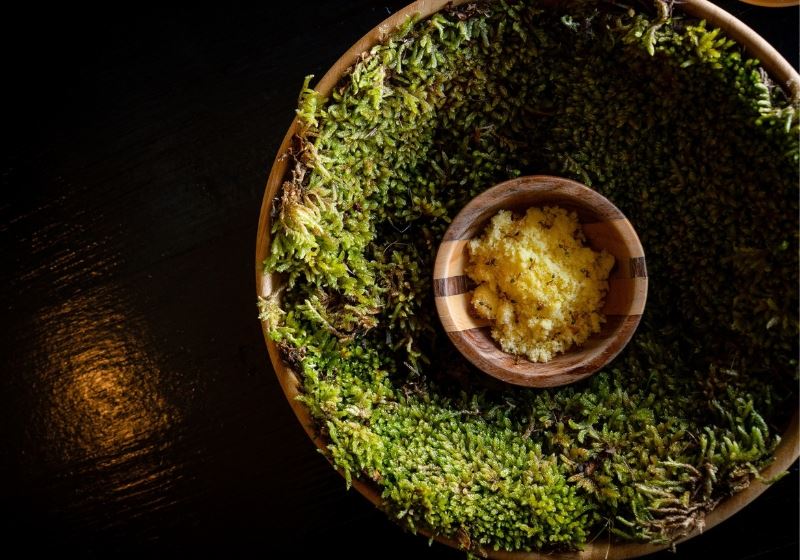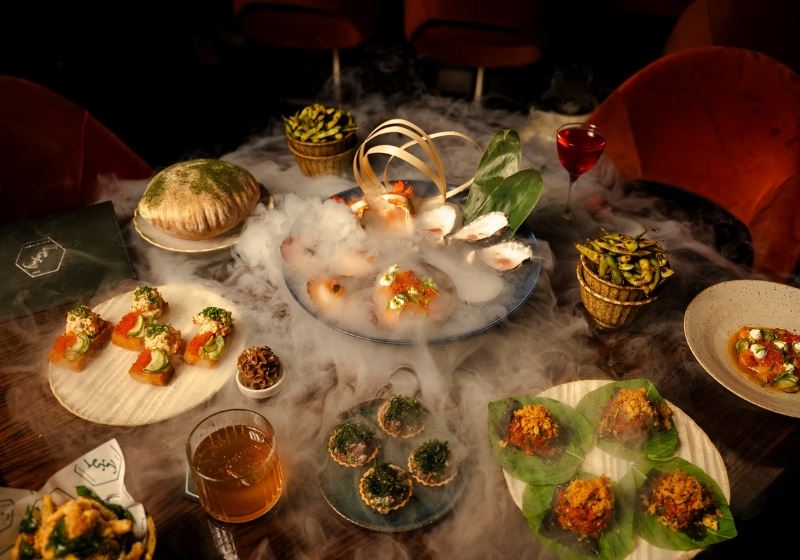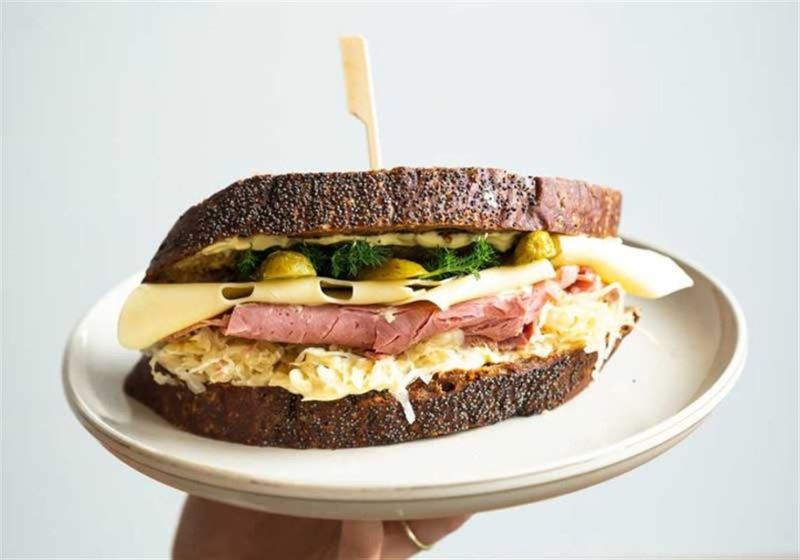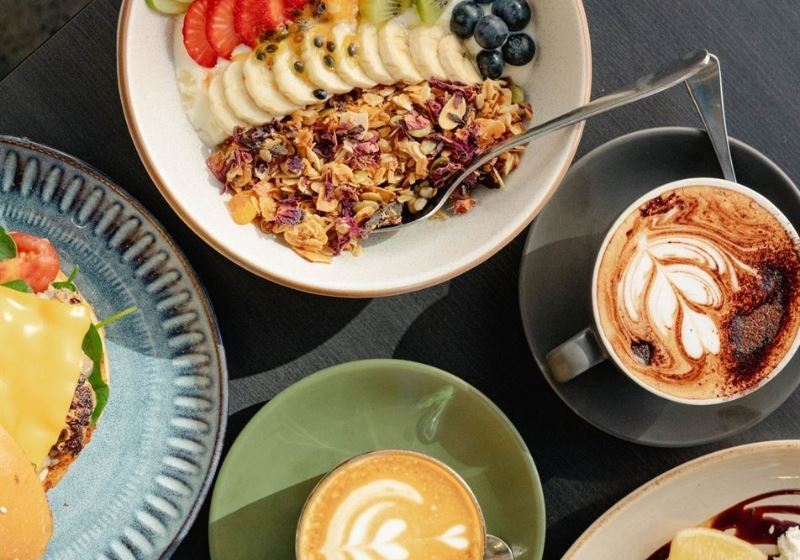23 September, 2012
Cooking, Cuisine and Customs in Saudi Arabia
Renowned for generous hospitality, Saudis take great pride in both entertaining and catering for guests. When it comes to food, there is often more than you can eat, and guests are catered for with great regard.
A culture based around etiquette and tradition, Saudi Arabia has a range of dining customs which are held in high esteem. Celebrating its national day on September 23rd, Saudi Arabia’s festivities go hand in hand with food so we've taken a closer look at Middle Eastern dining customs and etiquette. Sahtain!

Dining and Diet in the Largest Arab State
Dating back to the basic diet of the Bedouin nomads, Saudi Arabian cuisine is largely based around a combination of meat and rice dishes, alongside the basic ingredients of wheat, beans, yoghurt and perhaps most significantly, dates, which are produced in annual volumes of around 600 million pounds. Food and cooking styles are largely dependent on region, the fishing villages on the east coast enjoying a different diet to those in the cosmopolitan west. Saudi Arabia has the highest consumption rate of broiler chickens in the world, averaging at about 88 pounds of chicken per person each year.
As with most Middle Eastern fare, spice is an essential element in Saudi cuisine, resulting in rich, intensely flavoured food. Spit cooked lamb, also known as shawarma is a popular food choice for many Saudi’s, as is grilled chicken. Turning to vegetarian friendly foods is perhaps one of the Middle East’s most popular dishes of all, falafel, consumed as both a snack and meal. Since we can’t resist them either, why not try out our recipe for spicy falafel.

When using your hands to dine in Saudi Arabia, the right hand must always be used to pick up, pass and consume food. The left hand is considered unclean and must be kept off the table at your side. If men and women are dining together, women should not touch food that will be served to a Muslim man, aside from those of her immediate family.
Middle Eastern Arabic Recipes, Religion and Rituals
Taking the Islamic dietary laws into account, Saudi’s do not consume either pork or alcohol, and abide by the halal rules of food consumption, which includes provisions on the way in which an animal is slaughtered as well as the prohibition of birds of prey, blood and blood by-products, and carnivorous mammals. Under Islamic law alcohol is also prohibited, with fruit juice, tea and coffee among the main beverages of choice.

During the holy month of Ramadan, Muslims fast from dusk till dawn, working for 6 hours a day and refraining from drinking, smoking or chewing gum. After sunset families and friends gather together to break their fast with nourishing and balanced meals, taking care not to over-indulge. Saudi Arabia’s national dish, al kabsa, is a chicken and rice based dish, consumed all year round and made with many variations. Fresh and fragrant, here's a deliciousrecipe for al kabsa.
After dining has finished, guests are encouraged to leave some food on the plate to signal their appetite has been satisfied. Coffee and dates are the customary offerings upon entering a Saudi household or finishing a meal and should be accepted as a sign of respect. Saudi coffee is consumed in small portions and served from a special pot called dalla with spices like cloves, saffron and cinnamon commonly added. Inspired by these staple Saudi ingredients, here is a very easy recipe for coffee and date loaf.





